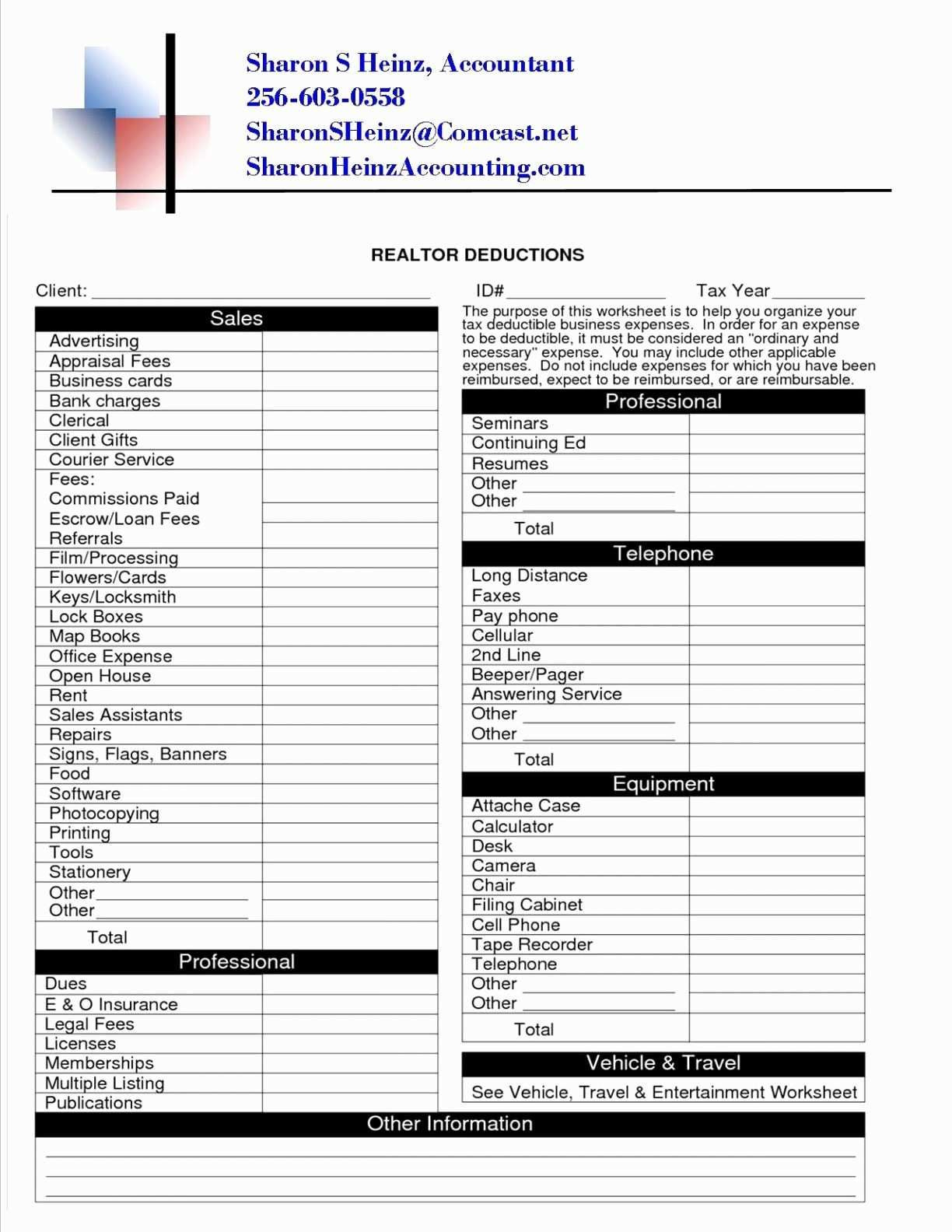Table Of Content

Broadly speaking, capital gains tax is the tax owed on the profit (aka, the capital gain) you make when you sell an investment or asset. It is calculated by subtracting the asset’s original cost or purchase price (the “tax basis”), plus any expenses incurred, from the final sale price. This involves conforming to the two-in-five-year rule (you lived in it for a total of two of the past five years).
Investor Services
They also highlight that capital gains represent a form of double taxation since the underlying assets were likely subject to corporate taxes. Moreover, some suggest that this proposal could lead to capital flight, with investors seeking tax-friendly jurisdictions outside the United States (Tax Foundation). Report the sale on Part I or Part II of Form 8949 as a short-term or long-term transaction, depending on how long you owned the home. In addition, you may be able to temporarily defer capital gains invested in a Qualified Opportunity Fund (QOF). You may also be able to permanently exclude capital gains from the sale or exchange of an investment in a QOF if the investment is held for at least 10 years.
Short-Term Capital Gains Tax: Explained
The best way to avoid a capital gains tax if you’re an investor is by swapping “like-kind” properties with a 1031 exchange. This allows you to sell your property and buy another one without recognizing any potential gain in the tax year of sale. For capital gains over that $250,000-per-person exemption, just how much tax will Uncle Sam take out of your long-term real estate sale? Long-term capital gains tax rates are based on your income (pre-2018 it was based on tax brackets), explains Park. If the requirements of both sections 1031 and 121 are met, the section 121 exclusion is applied first to realized gain; section 1031 then applies, including any gain attributable to depreciation deductions. Any cash received in exchange for the rental property is taken into account only to the extent the cash exceeds the section 121 excluded gain on the rental property given up in the exchange.
A Complete Guide to Capital Gains Tax on Real Estate Sales
Generally, the tax consequences are the same whether or not the home office deduction was previously claimed. Gain on the office or rental portion generally qualifies as part of the $250,000/$500,000 capital gains tax exclusion for the sale of a primary home, subject to two exceptions. If you’re required to pay the capital gains tax, you pay it when you sell your property.
Avoiding capital gains tax: 121 Home Sale Exclusion requirements

Widowed taxpayers may be able to increase the exclusion amount from $250,000 to $500,000 when meeting all of the following conditions. The deputy Labour leader is likely to argue that enhancements to the property, which she purchased under the “right-to-buy” scheme, meant that there was no tax liability. Angela Rayner’s former husband made £134,000 after selling his former council house, previously unseen documents have revealed. Report as ordinary income on Form 1040, 1040-SR, or 1040-NR applicable canceled or forgiven mortgage debt.
Use 1031 Exchanges to Avoid Taxes
You may have to pay this recapture tax even if you can exclude your gain from income under the rules discussed earlier; that exclusion doesn’t affect the recapture tax. Cartier owned and used a house as a main home from 2015 through 2018. Cartier rented the home from that date until April 30, 2021, when Cartier sold it. During the 5-year period ending on the date of sale (May 1, 2016–April 30, 2021), Cartier owned and lived in the house for more than 2 years. Because the period of nonqualified use does not include any part of the 5-year period after the last date Cartier lived in the home, there is no period of nonqualified use.
Cost basis 101
If you do have to pay capital gains tax, how much you owe will depend on how long you owned the house, your filing status, and your income. The tax results are different for nonrecourse debt, meaning the debtor isn't personally liable for the deficiency. In this case, the waived debt is included in the amount realized for calculating capital gain or loss on the short sale.
The following example demonstrates separate calculations for business and residential uses. If you and your spouse owned the home either as tenants by the entirety or as joint tenants with right of survivorship, you will each be considered to have owned one-half of the home. Improvements add to the value of your home, prolong its useful life, or adapt it to new uses. You add the cost of additions and improvements to the basis of your property. The sale of a remainder interest in your home is eligible for the exclusion only if both of the following conditions are met.
The presentation of the 44.6% capital gains rate proposal is a strategic policy maneuver—loudly shouting a startlingly high percentage while mutely ignoring the crucial aspect of income thresholds. The intent appears to be to play on public sentiments and concerns, more specifically the political landmine of adverse outcomes for small-business owners. Much has been made of President Joe Biden’s proposal in the Fiscal Year 2025 Budget of the United States Government, to raise capital gains rates. The number being bandied about is 44.6%, which would be the highest formal federal capital gains rate since its inception. Capital gains are subject to a 15% tax or more depending on your income.
For example, say you sell a vacation home that you owned since 2010 for $775,000, and you have a tax basis of $610,000. As with primary homes, you can't deduct a loss on the sale of a vacation home. Compare this with gains on the sale of personal or investment property held for one year or less, taxed at ordinary income rates up to 37%. But there are lots of exceptions to these general rules, with some major carveouts applying to residential real estate.
For example, if you paid $1,000 to buy stock and sell the same stock for $1,200 (net of expenses), you have a capital gain of $200. Your home is not qualified for the exclusion if you purchased it through a like-kind exchange, also sometimes called a 1031 exchange, in the past five years. This kind of purchase basically means swapping one investment property for another. Reductions in cost basis occur when you receive a return of your cost. For example, you purchased a house for $250,000 and later experienced a loss from a fire. Your home insurer issues a payment of $100,000, reducing your cost basis to $150,000 ($250,000 original cost basis - $100,000 insurance payment).
Individuals with significant investment income may be subject to the Net Investment Income Tax (NIIT). This can sometimes present a problem for certain short-term buyers, like house flippers. For example, let’s say you earn a profit of $50,000 from flipping a home within 1 year. You also earn an annual salary of $50,000 from your regular job. Kemberley Washington is a tax journalist and provides consumer-friendly tax tips for individuals and businesses. She has been instrumental in tax product reviews and online tax calculators to help individuals make informed tax decisions.
UK's Hunt to reduce capital gains tax on property sales - Reuters UK
UK's Hunt to reduce capital gains tax on property sales.
Posted: Wed, 06 Mar 2024 08:00:00 GMT [source]
Use Form 8949 to report gain from the sale or disposition of the personal-use portion of your home if you can’t exclude the gain. If you received Form 1099-S, report the transaction on Form 8949. You may have to use Form 4797 to report the sale of the business or rental part. When you trade your home for a new one, you are treated as having sold your home and purchased a new one.

No comments:
Post a Comment